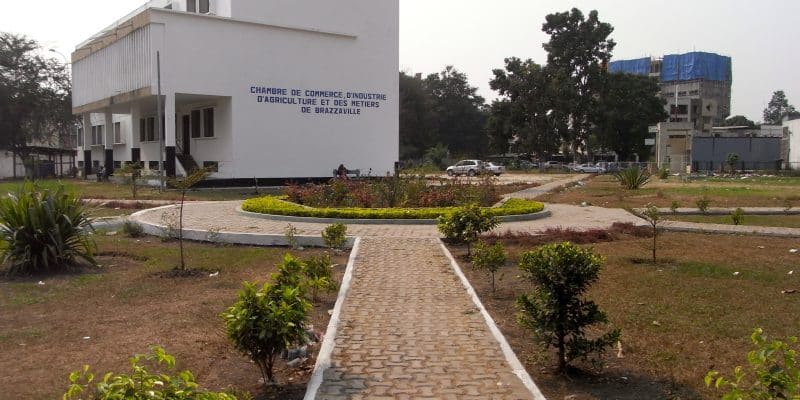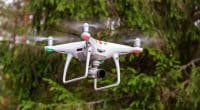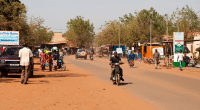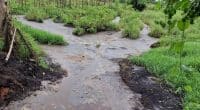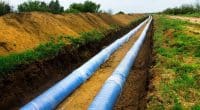Back from the Paris Summit for a "New Global Financial Pact" organised by France, the Congo delegation is taking action by adopting a reforestation plan for the capital Brazzaville. The initiative will seek to restore degraded land and counter extreme heat by 2030.
In these times of prolonged drought in sub-Saharan Africa, Brazzaville in Congo is opting for reforestation. The local authorities intend to restore up to 25% of the plant cover by 2030. This reforestation plan should help to strengthen the city’s climate resilience, particularly in key districts such as Bacong, Poto-Poto, Moungali, Ouenzé, Talangaï, Mfilou and Madibou.
The plan includes the mass planting of trees and the diversification of tree species along arterial roads “while protecting existing species and all other urban forest ecosystems”, says the municipality, which has a population of 2.6 million. The initiative is supported by the American organisation World Resources Institute (WRI).
“Studies show that in 70 years, our city has lost 85% of its forests to urbanisation. If appropriate measures are not taken, the Brazza la verte label could disappear. Indeed, of the five forest massifs that the city had in the 1940s, only the patte d’oie forest remains, and its surface area is shrinking with each passing day due to urban pressure”, laments Dieudonné Bantsimba, the Mayor of Brazzaville.
Read also-CONGO: a research centre on renewable energy is being set up in Oyo
For the record, it was the capital of Congo that hosted the launch of Biodev2030 in 2021. The programme, financed by the French Development Agency (AFD) in partnership with the World Wildlife Fund (WWF), aims to adopt and sustain sectoral commitments to “halt the decline in biodiversity and its consequences over the next decade”. The Central African country is therefore banking on this experimental approach to achieve the objectives of AFR100, launched by the African Union (AU) to restore 100 million hectares of degraded and deforested landscapes in seven years.
Benoit-Ivan Wansi

